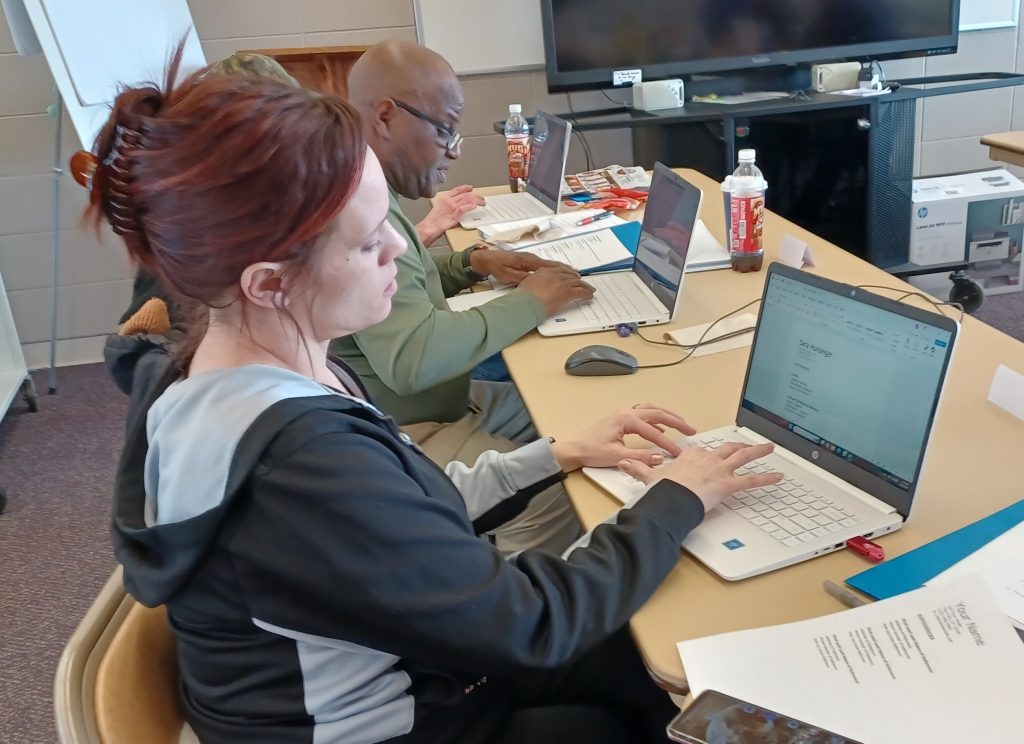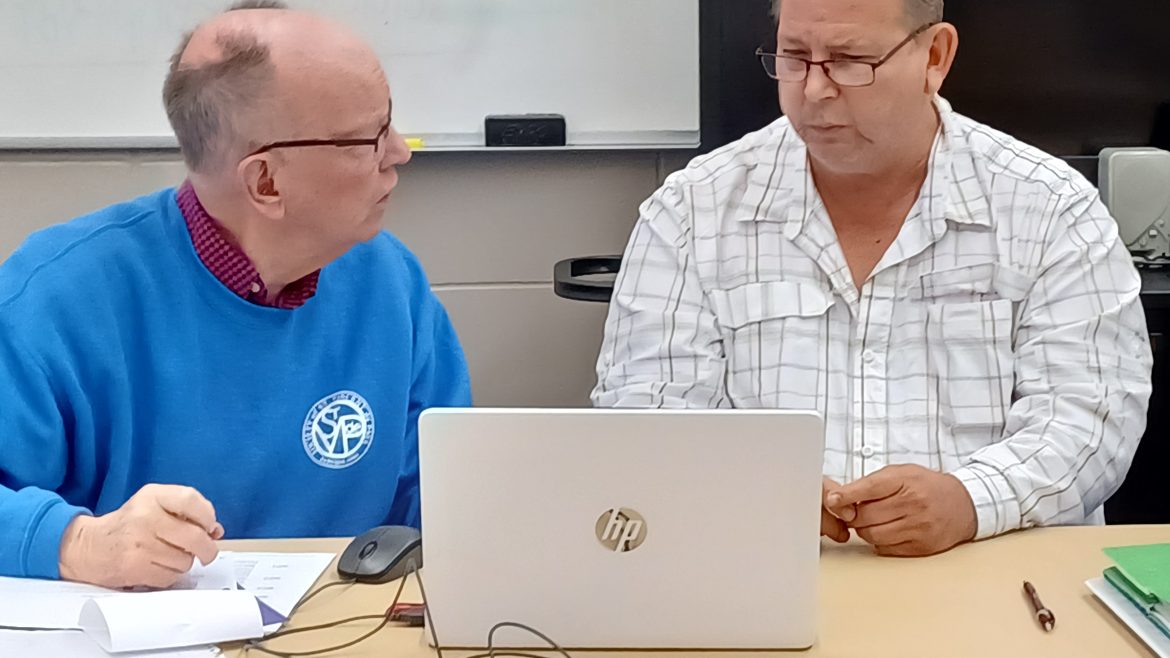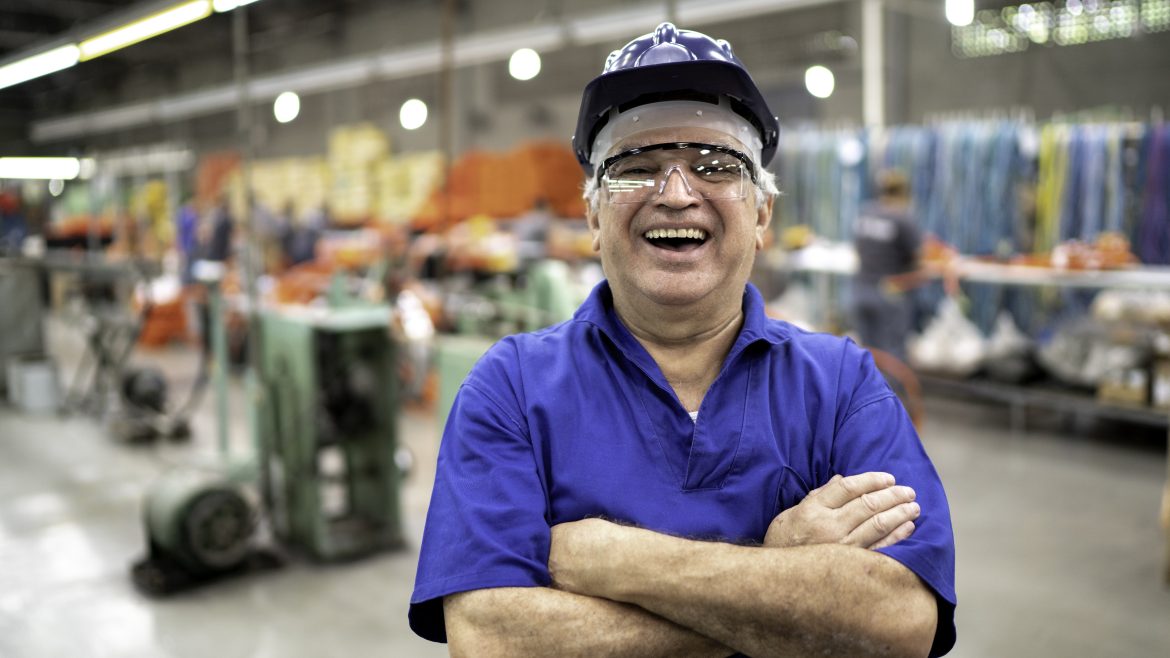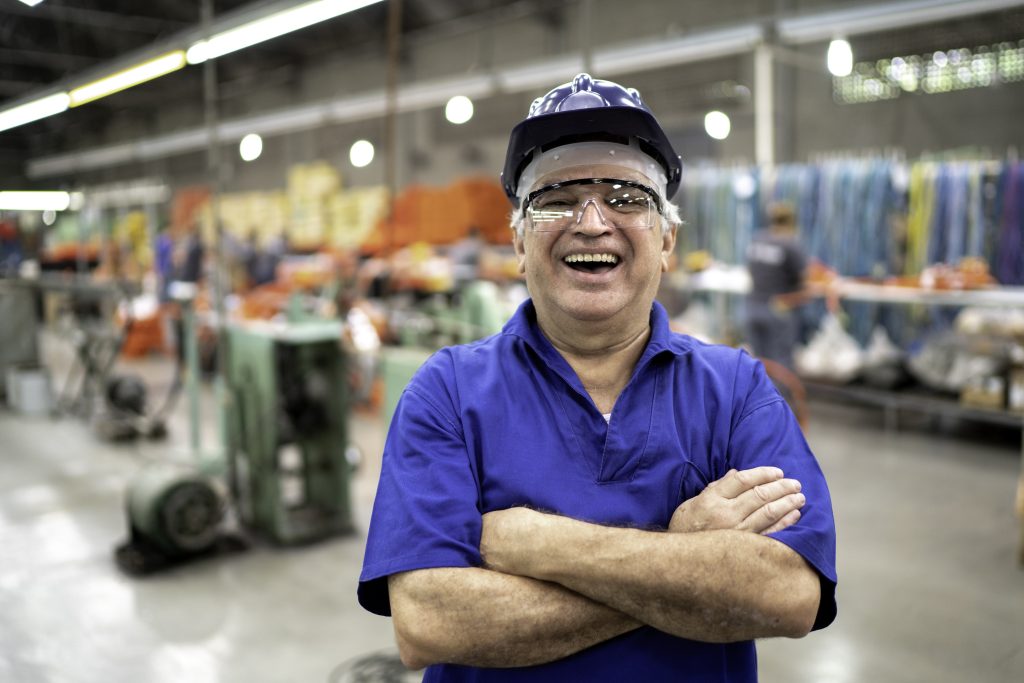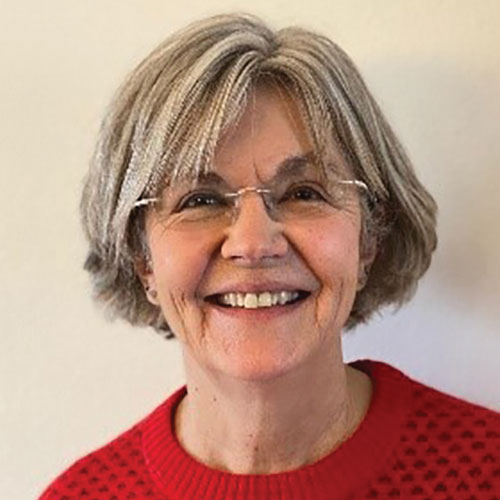SVdP Bridges Access to Reemployment in Iowa through Back2Work Programs
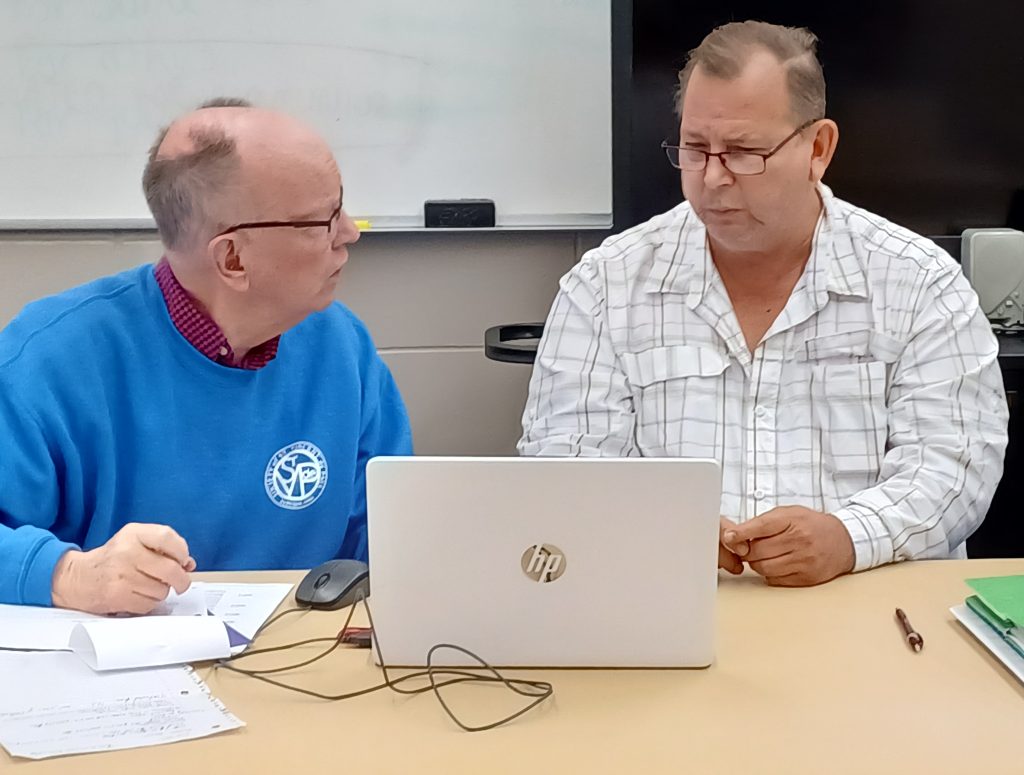
In 2017, two years into his tenure as CEO of the Society of St. Vincent de Paul (SVdP) in Des Moines, Iowa, Steve Havemann had an eye-opening realization: 34% of the people being served by SVdP Des Moines had been incarcerated at some point in their life.
That’s just the tip of the iceberg. The 6th Avenue Corridor in Des Moines — a community served by SVdP — is the most impoverished and underserved in the city, according to Havemann. It is the least accessible by transportation, has the highest crime rate, and has an average household income of about $11,000.
Not only is it hard to find jobs there, but those who are unemployed, ironically, can’t afford to get a job.
“You have workforce training programs that are 8-12 weeks long and are unpaid,” said Havemann. “So, people are asking themselves, ‘How am I supposed to buy dinner tonight? How am I supposed to survive until Friday? My entire day is consumed and I’m not making any money for 12 weeks.’”
That’s when SVdP’s Back2Work program was born. Back2Work provides customized training, continuing education, community resources, and connectivity for people on the journey to reemployment, all while providing a livable wage. The 1.5-week program connects individuals impacted by incarceration, poverty and homelessness with entry-level opportunities in pre-apprentice, apprentice, and journey career pathways.
Since piloting in Des Moines, Back2Work has been adopted across the country by SVdP Councils in major cities such as Seattle, Oakland, Baltimore, Orlando, Milwaukee, and more. Thus far, SVdP Des Moines has served almost 270 people through the program, ranging from younger adults — many without parents — to older adults who are struggling to provide for their families.
“Back2Work was really born out of listening to the concerns of our communities and asking questions, not being prescriptive,” said Havemann. “It wasn’t, ‘I’ve got the answer for you,’ but rather, ‘What if we work together and changed how we offer services?”
Individuals begin the program with résumé building and learning soft skills like financial literacy and career readiness. As the program progresses, they continue to build upon those skills and receive job shadowing opportunities at various employers. The final stages involve participants engaging in mock interviews, giving a recorded presentation to their peers, and fully transitioning into their new jobs.
The participant-to-employer relationship is further reinforced through SVdP Des Moines’ employer council. This network of 34 employers meets three times a year to advise on the Back2Work program, as well as communicating the progress of program graduates they’ve recently employed.
“That’s really one of the big things that is significant about this program — the follow-up piece, checking in and making sure everything is still going well for our former participants. If not, and sometimes that is the case, we provide interventions to help guide them towards success.”
Havemann and his 140-person team helped SVdP Dubuque, about three hours northeast, , adapt their own Back2Work program in late 2023. Led by Cindy Kohlmann, Director of Programming Services, SVdP Dubuque’s iteration of the program has served 70 individuals thus far, ranging from age 18 to 64.
SVdP Dubuque’s program emphases life skills training like cooking, saving money, and teamwork. Sessions feature guest speakers, including executive leadership from various employers.
Kohlmann said it’s not just about bridging access back to employment for these vulnerable individuals, but also giving them the confidence and tools needed to stay at work.
“Lots of times when the question is asked, “How do we get people out of homelessness?” the fast answer is that we get them a job. But that doesn’t solve all of their problems,” Kohlmann said. “SVdP’s Back2Work program addresses more than just work. It addresses things like communication, nutrition, and spirituality.”
One woman from Dubuque had a track record of impressive jobs which paid her generously, but couldn’t keep those jobs because of relationship issues with her colleagues, according to Kohlmann.
“She didn’t know how to relate to a manager or coworkers, which ultimately cost her all of these wonderful jobs.”
The woman enrolled in the Back2Work program last November, which helped her finetune interpersonal communication and relationship skills. She graduated from the program, landed a job, and is still with the employer today, said Kohlmann.
One man went from part-time dishwasher to full-time supervisor, thanks to the program. He had done three tours of duty in Afghanistan and went through the military’s reentry program, but nothing worked. He then got into trouble and spent 18 months in prison. Now, he is successfully reintegrated into the community, thanks to SVdP.
Kohlmann said everyone deserves a chance, even those at their lowest.
“I get a little emotional and a bit passionate about this because people tend to believe that there are throwaway people, and I don’t believe that.”
Said Havemann, “If they believe that they need assistance but lack the confidence or competence within themselves to go forward and excel, that’s part of our mission … to jump in and fill that gap.”
SVdP Des Moines recently received a federal block grant that will allow it to combine Back2Work with its IMMERSION/Reentry program, which provides mentorship and resources to returning citizens from incarceration. It is also pushing for funding to collect data and become registered as an evidence-based practice.
“The thing to remember is that it’s not just the participants themselves who benefit from our programs, but also their families, friends and surrounding communities,” Havemann said.
